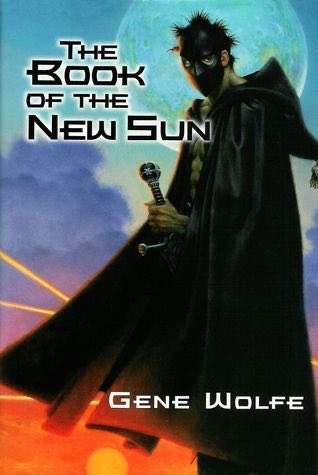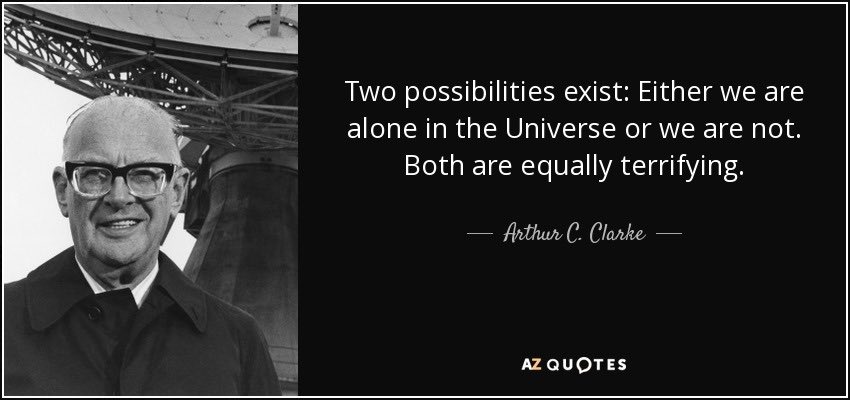Why the first Starship Troopers movie failed as a parody, a thread:
Watching the movie, it was clear the director was aiming for a campy, over-the-top depiction of the Terran Federation. Perhaps not an outright mockery, but certainly a drastic departure from the serious novel.
Watching the movie, it was clear the director was aiming for a campy, over-the-top depiction of the Terran Federation. Perhaps not an outright mockery, but certainly a drastic departure from the serious novel.

First, let's tackle a writing pitfall that irks Leftists to this day. If you make your characters naturally handsome, fit, and well-groomed, then it becomes increasingly difficult to properly mock them. Beauty is self-evident, and all the characters in ST are good looking. 

This extends to the overall Terran Federation as well. We see clean, beautiful streets. Life seems good for Rico in his polite high school. This is a far cry from the crime ridden and drug addicted cities we know today. Where are the homeless encampments, the ghettos? 

Can we nail the Terran Federation for being cruel? I guess. But when you play off cruelty as a joke, you are undermining your own message. This isn't a dialogue about the brutal conditions for training soldiers in a futuristic setting. This is a gag, and it's hilarious. 

All right, what about a critique of comparison? Perhaps the enemies of the Terran Federation have a better system. Oh wait, no, they're bugs. I've seen people genuinely argue that the bugs are supposed to be sympathetic. But they're still bugs... 

THIS is not a face I can relate to, sympathize for, or even have a dialogue with. This screams at me to kill it with fire. Even IF I didn't want to kill this thing, I want to be in orbit, far away from this creature. It's horrific, and only a contrarian can argue against that. 

The only thing you can really critique about the Terran Federation is the propaganda and incompetence. But when everything is so slapstick, it fails at landing a serious point. These guys are badasses in a funny movie, not a warning about the dangers of fascism. 

• • •
Missing some Tweet in this thread? You can try to
force a refresh






















